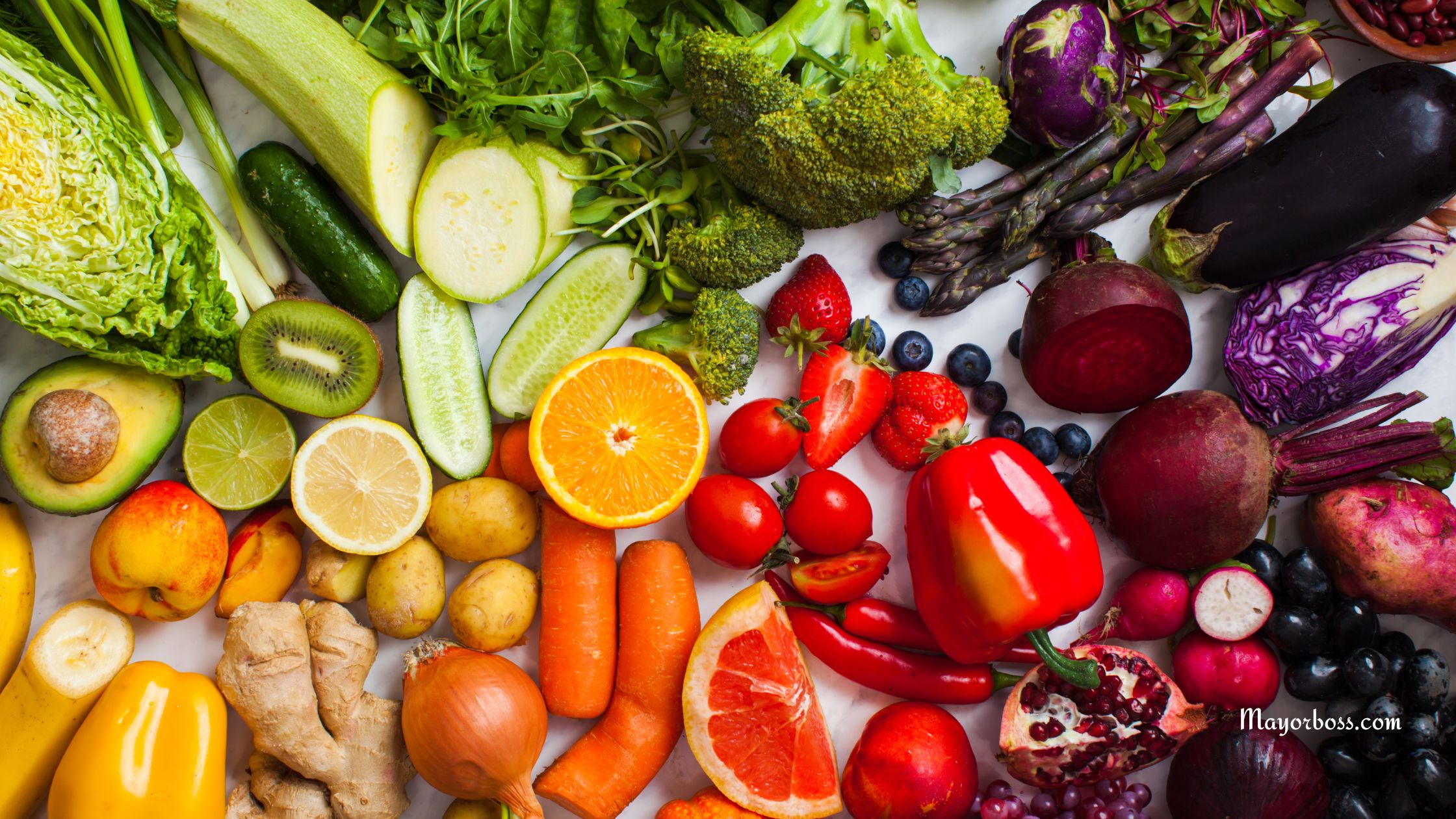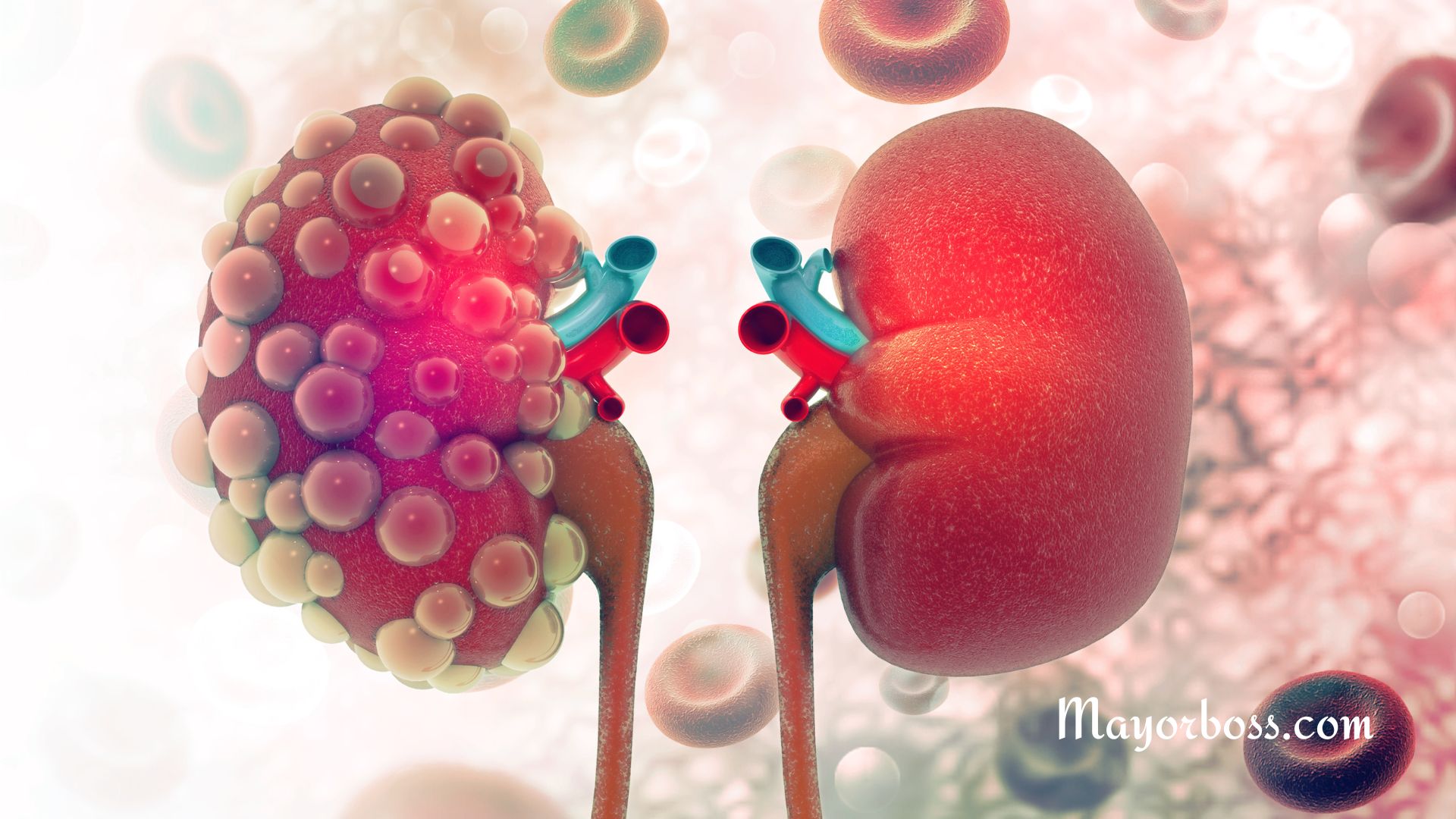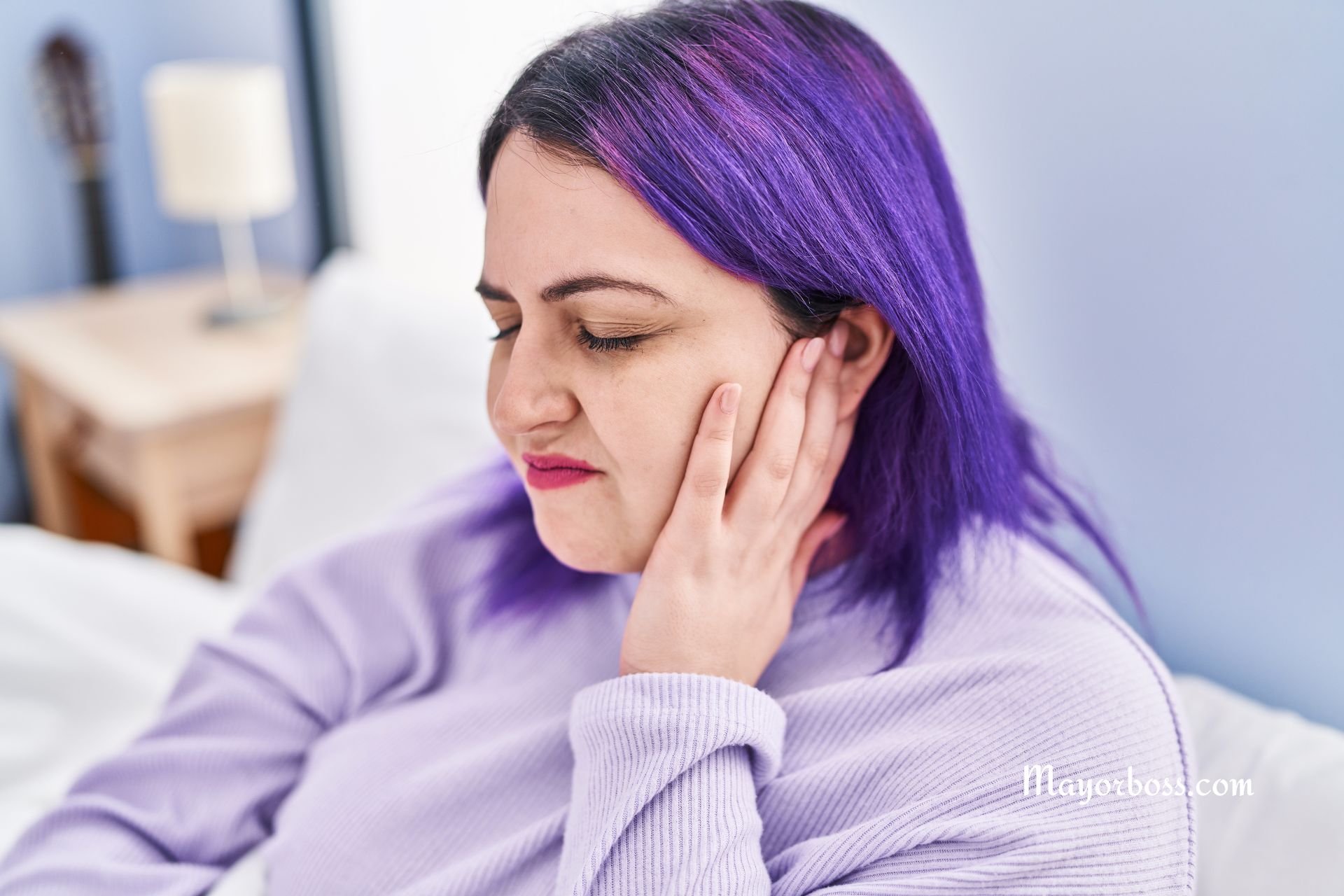Antioxidants: Everything You Need to Know
Antioxidants might sound like a complicated science term, but they are super important for keeping us healthy. You’ve probably heard about them in fruits, vegetables, or supplements, but what are antioxidants really? And why do they matter? In this article, we’re going to explain everything you need to know about antioxidants in a simple way so you can understand why they are so important.

What Are Antioxidants?
Antioxidants are substances that protect your cells from damage. You can think of them as your body’s defense team, fighting off harmful molecules called free radicals. Free radicals are like troublemakers in the body—they damage your cells, proteins, and DNA. They are produced naturally when we breathe or convert food into energy, but they can also come from things like pollution, cigarette smoke, or even sunlight.
Free radicals aren’t always bad; your body actually makes them to help fight infections. But when there are too many free radicals, that’s where antioxidants come in. Antioxidants neutralize these free radicals, stopping them from causing more damage. This keeps things in balance and prevents something called oxidative stress, which can lead to health problems like cancer, heart disease, and aging.
Where Can You Find Antioxidants?
The good news is that antioxidants are easy to find—they’re in lots of foods you probably already eat. Here are some common sources:
- Fruits and Vegetables: Fruits and veggies are some of the best sources of antioxidants. Berries like blueberries, strawberries, and raspberries are packed with them. Vegetables like spinach, broccoli, and carrots are great too.
- Nuts and Seeds: Almonds, walnuts, and sunflower seeds have antioxidants, especially vitamin E, which helps protect your cells.
- Tea and Coffee: Your morning coffee or tea also has antioxidants. According to some studies, green tea, in particular, is known for having a lot of them.
- Dark Chocolate: Believe it or not, dark chocolate is a terrific source of antioxidants, especially flavonoids. Just make sure it’s at least 70% cocoa to get the most benefit.
- Whole Grains and Beans: Foods like oatmeal, quinoa, and different kinds of beans are also full of antioxidants, which help keep you healthy.
How Do Antioxidants Work in Your Body?
Antioxidants help keep your body safe by stopping free radicals, which are harmful molecules that can damage your cells and DNA. When too many free radicals build up, they can cause damage and lead to health problems. Antioxidants work to stop this damage, keeping your cells and body healthy.
This is really important for your heart and brain. Research shows that antioxidants like vitamin C, vitamin E, and beta-carotene help reduce oxidative stress, which can lead to problems like heart disease and brain disorders such as Alzheimer’s.
Why Is Oxidative Stress Dangerous?
Oxidative stress happens when there are too many free radicals and not enough antioxidants to keep them in check. When this happens, the extra free radicals start to damage your cells. This damage is linked to aging and lots of diseases, including:
- Cancer: Oxidative stress can damage DNA, which can increase the likelihood of cancer.
- Heart Disease: Damage to heart and blood vessel cells can lead to blockages, which can cause heart disease or stroke.
- Diabetes: Too much oxidative stress can affect insulin production and increase the risk of type 2 diabetes.
This means eating foods rich in antioxidants can be a simple way to lower the likelihood of these serious health problems.
Common Antioxidants and Their Benefits
There are many antioxidants, and each has its own benefits:
Vitamin C
Vitamin C is one of the strongest antioxidants and is found in lots of fruits, especially citrus fruits like oranges and lemons. It helps boost the immune system and protects cells from damage. It also helps produce collagen, which keeps your skin firm and healthy.
Vitamin E
Vitamin E is stored in the body’s fat tissues. It helps protect cell membranes from damage, which is important for healthy skin. You can find vitamin E in foods like almonds, sunflower seeds, and avocados.
Beta-Carotene
Beta-carotene is an antioxidant that gives carrots, sweet potatoes, and pumpkins their orange color. It gets converted to vitamin A in the body, which is important for good vision and a strong immune system.
Selenium
Selenium is a mineral that helps protect cells and supports the immune system. It is found in foods like Brazil nuts, eggs, and whole grains. It works with other antioxidants like vitamin E to fight oxidative stress.
Should You Take Antioxidant Supplements?
With all this talk about antioxidants, you might wonder if you need supplements. Evidence suggests that the best way to get antioxidants is from a balanced diet with lots of fruits, vegetables, and whole foods. Supplements are available, but they may not give you the same health benefits as getting antioxidants from food.
High doses of antioxidant supplements can even be harmful. For example, too much vitamin E can increase the odds of bleeding, and high amounts of beta-carotene have been linked to a higher likelihood of lung cancer in smokers. So, it’s always best to talk to your doctor before starting any supplements.
Antioxidants and Aging
A lot of people use antioxidants to help slow down aging. Research suggests that since oxidative stress is a big part of the aging process, antioxidants are often promoted as a way to slow it down. For example, antioxidants can help reduce wrinkles and fine lines, leading to healthier, younger-looking skin.
Skin care products often have antioxidants like vitamin C or vitamin E to protect against things like UV rays and pollution. While these products can help, eating foods rich in antioxidants is just as important for staying healthy.
How to Get Enough Antioxidants
You don’t need to make big changes to get enough antioxidants. Here are some simple steps you can take:
- Eat a Variety of Fruits and Vegetables: Try to have lots of different colors on your plate. Different colors mean different antioxidants, so eating a variety helps you get a mix of them.
- Drink Green Tea: Swap out sugary drinks for green tea to add antioxidants to your day.
- Snack on Nuts and Seeds: Instead of chips, grab some almonds or sunflower seeds. They have antioxidants and healthy fats.
- Dark Chocolate: Treat yourself to a piece of dark chocolate now and then. Just make sure it’s not too sugary.
Antioxidants in Everyday Life
Antioxidants are all around us in our daily lives. They’re in the fresh fruit you eat for breakfast, the green tea you drink, and the leafy greens in your salad. They’re even in spices like turmeric and cinnamon. By making small, easy choices, you can get more antioxidants without too much effort.
In short, antioxidants are your body’s helpers when it comes to fighting off free radicals and staying healthy. By eating more foods rich in antioxidants, you can help protect your cells, slow down aging, and lower your risk of several diseases.






